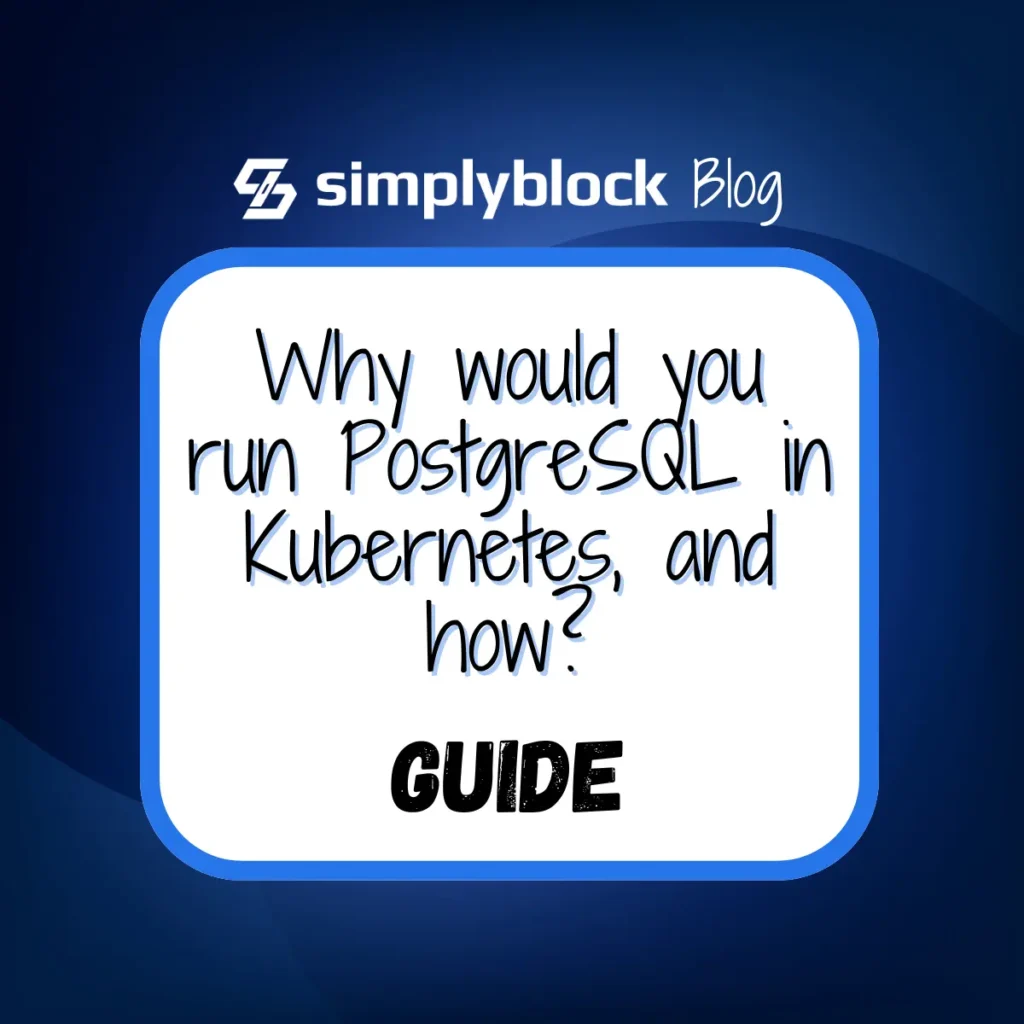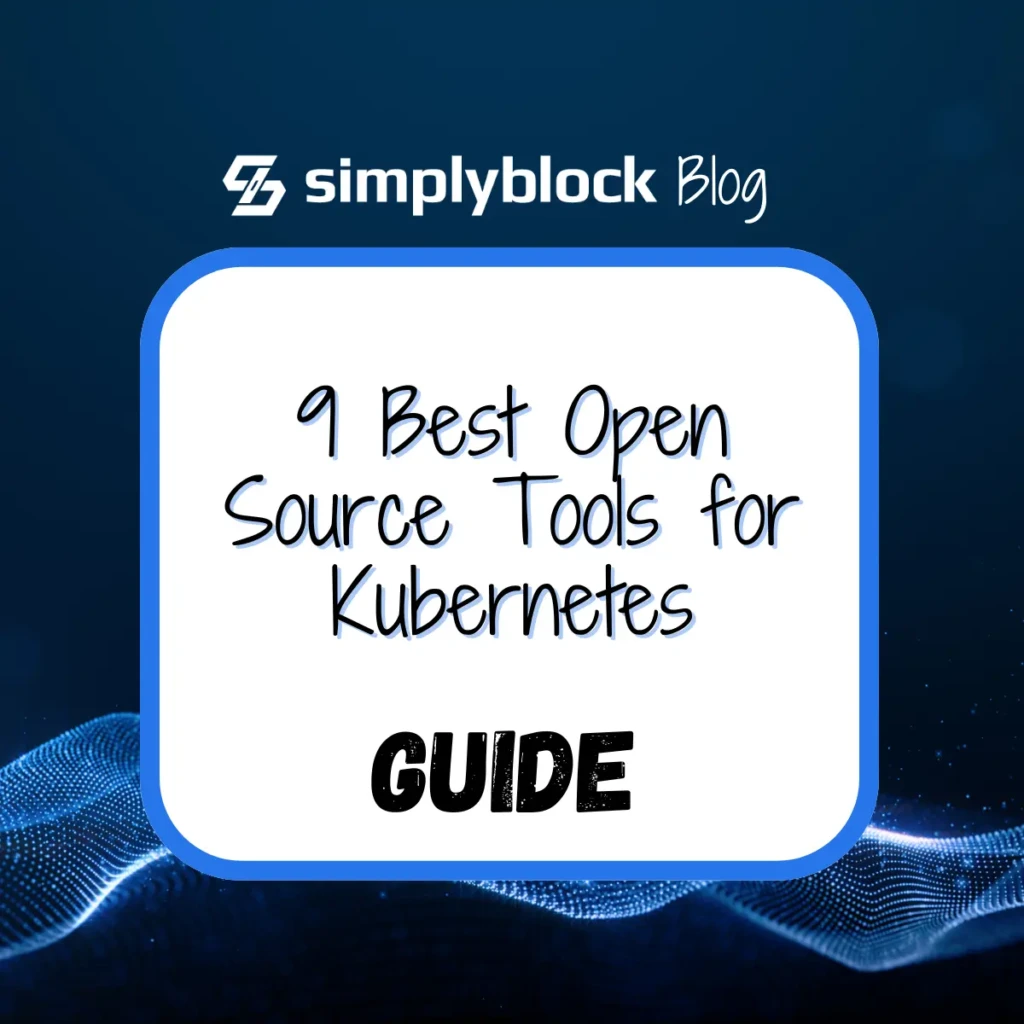Automatically secure your application with your personal Application Firewall | Hannes Ullman
Jul 26th, 2024 | 6 min read

Introduction:
This interview is part of the simplyblock Cloud Frontier Podcast, available on Youtube, Spotify, iTunes/Apple Podcasts, and our show site.
In this episode of simplyblock’s Cloud Commute podcast, Chris Engelbert sits down with Hannes Ullman, co-founder and CTO of Bifrost Security, to discuss how developers can automatically secure applications using personalized application firewalls. Hannes shares insights into runtime security and how tools like AppArmor and eBPF are used to secure containerized environments, particularly in Kubernetes. If you’re interested in learning about the next generation of security automation, especially for containerized workloads, this episode is packed with valuable takeaways.
Key Takeaways
What is Runtime Security, and how does it Protect Applications in Production?
Runtime security refers to the protection of applications while they are running in production environments. It focuses on detecting and mitigating security threats as they occur during the application’s runtime, rather than pre-runtime testing or post-mortem analysis. This type of security is critical for identifying attacks that exploit vulnerabilities not caught during development or deployment. Runtime security tools monitor the application’s behavior and identify anomalies or suspicious activities, helping to prevent attacks such as privilege escalation or unauthorized access.
How does Bifrost Security Enhance Container Security at Runtime?
Bifrost Security enhances container security by automating the creation of security profiles for each application. Using Linux Security Modules (LSMs) like AppArmor, Bifrost dynamically generates and updates profiles that enforce strict security rules. This ensures that each application can only perform specific actions, reducing the risk of exploits like privilege escalation. Additionally, Bifrost continuously audits the application’s behavior, adjusting profiles based on real-time activities and locking down unexpected behaviors.
What are the Benefits of using AppArmor for Containerized Application Security?
AppArmor is a Linux security module that enforces access control over programs, providing a way to restrict applications to a limited set of actions. When used with containers, AppArmor helps prevent applications from accessing resources or executing commands that they shouldn’t, protecting against various types of attacks. AppArmor profiles can be tailored to fit each container’s specific behavior, providing an extra layer of defense even if a vulnerability is discovered within the application.

In addition to highlighting the key takeaways, it’s essential to provide deeper context and insights that enrich the listener’s understanding of the episode. By offering this added layer of information, we ensure that when you tune in, you’ll have a clearer grasp of the nuances behind the discussion. This approach enhances your engagement with the content and helps shed light on the reasoning and perspective behind the thoughtful questions posed by our host, Chris Engelbert. Ultimately, this allows for a more immersive and insightful listening experience.
Key Learnings
What is EBPF, and how is it used for Auditing and Securing Containerized Environments?
eBPF (extended Berkeley Packet Filter) is a powerful tool for securing containerized environments by enabling real-time monitoring of system calls, network traffic, and application behaviors. eBPF integrates at the kernel level, providing deep visibility into potential security threats while imposing minimal performance overhead.
Simplyblock Insight:
While eBPF focuses on deep auditing at the kernel level, simplyblock complements this by ensuring that data accessed and processed within these environments is securely managed. With scalable, per logical volume encrypted storage, simplyblock allows organizations to store audit logs, telemetry data, and critical information securely and with high availability, helping to maintain the integrity of the entire security workflow.
What are the Security Challenges of Deploying Applications in Containerized Environments?
Containers present unique security challenges, including ensuring proper isolation between workloads, preventing misconfigurations, and managing shared resources. Addressing these challenges involves applying strict security policies, monitoring runtime behavior, and continuously updating security profiles to minimize the risk of attacks.
Simplyblock Insight:
Simplyblock supports secure containerized environments by offering resilient, encrypted storage that integrates seamlessly into container orchestration systems like Kubernetes. This enables organizations to securely manage shared data and configuration files across containers, reducing the risk of data breaches or misconfigurations affecting sensitive information. With simplyblock’s storage solutions, data integrity is maintained, even as applications scale and evolve.
How does Automated Security Profiling Improve Application Security in Kubernetes?
Automated security profiling tools continuously monitor and assess the behavior of applications, creating dynamic security profiles that adapt as applications evolve. This helps to proactively contain threats by restricting applications to approved actions, improving overall security in Kubernetes environments.
Simplyblock Insight:
Simplyblock’s robust storage solutions provide a reliable foundation for securely storing and accessing the outputs of automated security profiling tools. As profiles are generated and updated, simplyblock ensures that the underlying data infrastructure remains secure and accessible, allowing real-time insights and actions to be performed without compromising on performance or security. This reinforces an automated and secure DevOps pipeline, where every layer of the application lifecycle is protected.
Additional Nugget of Information
What is Zero-trust Security, and how does it Apply to Containerized Workloads?
Zero-trust security is a security model that assumes no entity, whether inside or outside a network, should be trusted by default. In containerized workloads, zero-trust principles are applied by ensuring that each container, service, or microservice is only allowed access to the resources it absolutely needs. This involves strict enforcement of network policies, container security profiles, and regular auditing to ensure that no unauthorized actions are taken. By minimizing the surface area of trust, zero-trust security helps reduce the risk of data breaches and unauthorized access.
Conclusion
As containerized applications become the backbone of modern cloud infrastructure, securing them in real-time is more critical than ever. Tools like Bifrost Security, combined with AppArmor and eBPF, offer developers an automated way to monitor, audit, and secure their applications at runtime. By continuously generating and updating security profiles, Bifrost ensures that your applications stay protected from evolving threats without slowing down development cycles.
At simplyblock, we’re committed to providing secure and scalable cloud environments that support cutting-edge tools like Bifrost. Our infrastructure is designed to help businesses protect their applications with real-time monitoring, automated security, and robust defenses against the latest threats.
If you’re ready to take your application security to the next level, be sure to tune in to future episodes of the Cloud Commute podcast for more expert insights!
Topics
Share blog post
Tags
AppArmor, Application Firewall, Containerized Environments, eBPF, KubernetesYou may also like:

Kubernetes 1.31: Day of the Storage

Why would you run PostgreSQL in Kubernetes, and how?

Best Open Source Tools For Kubernetes
